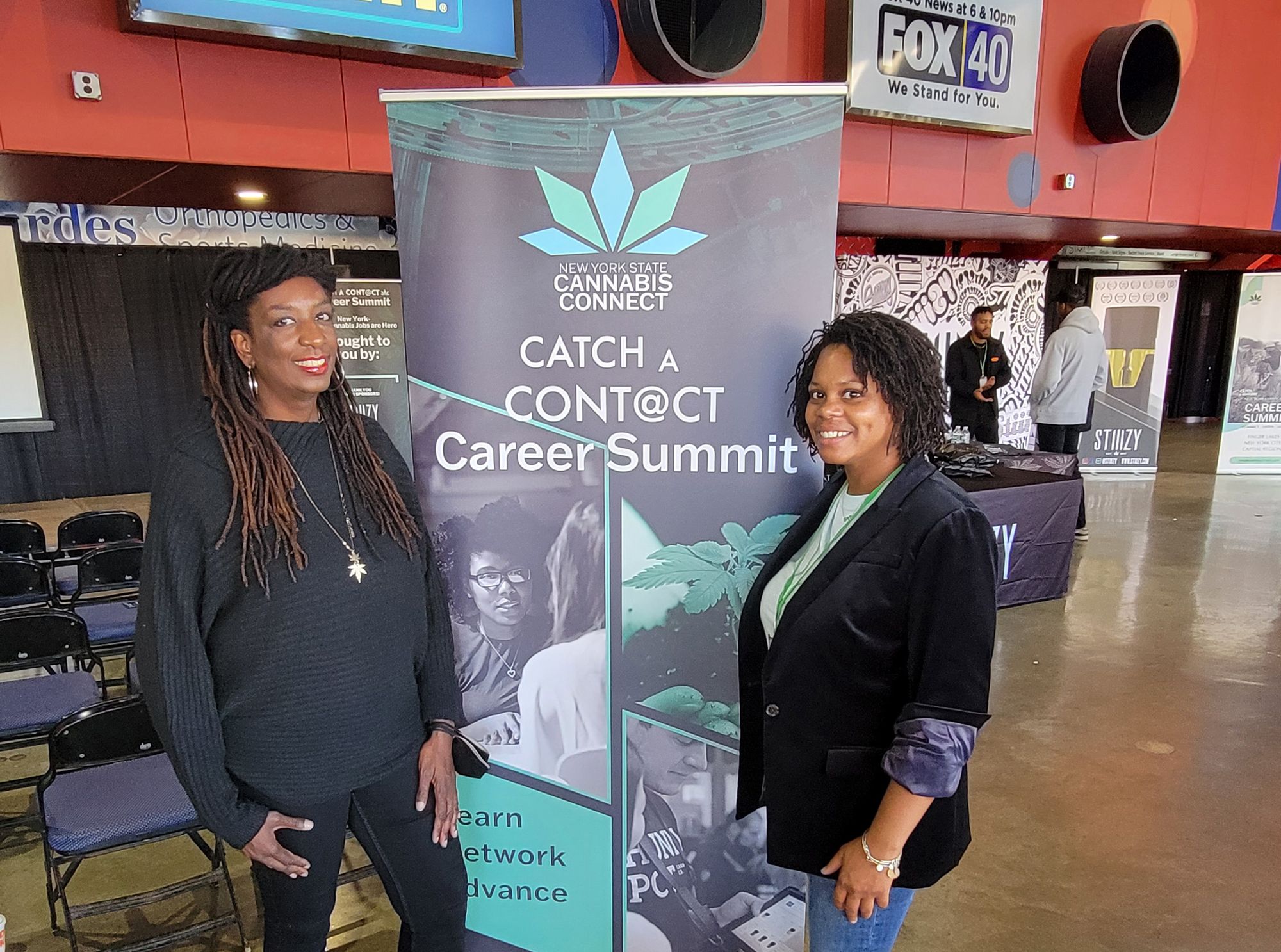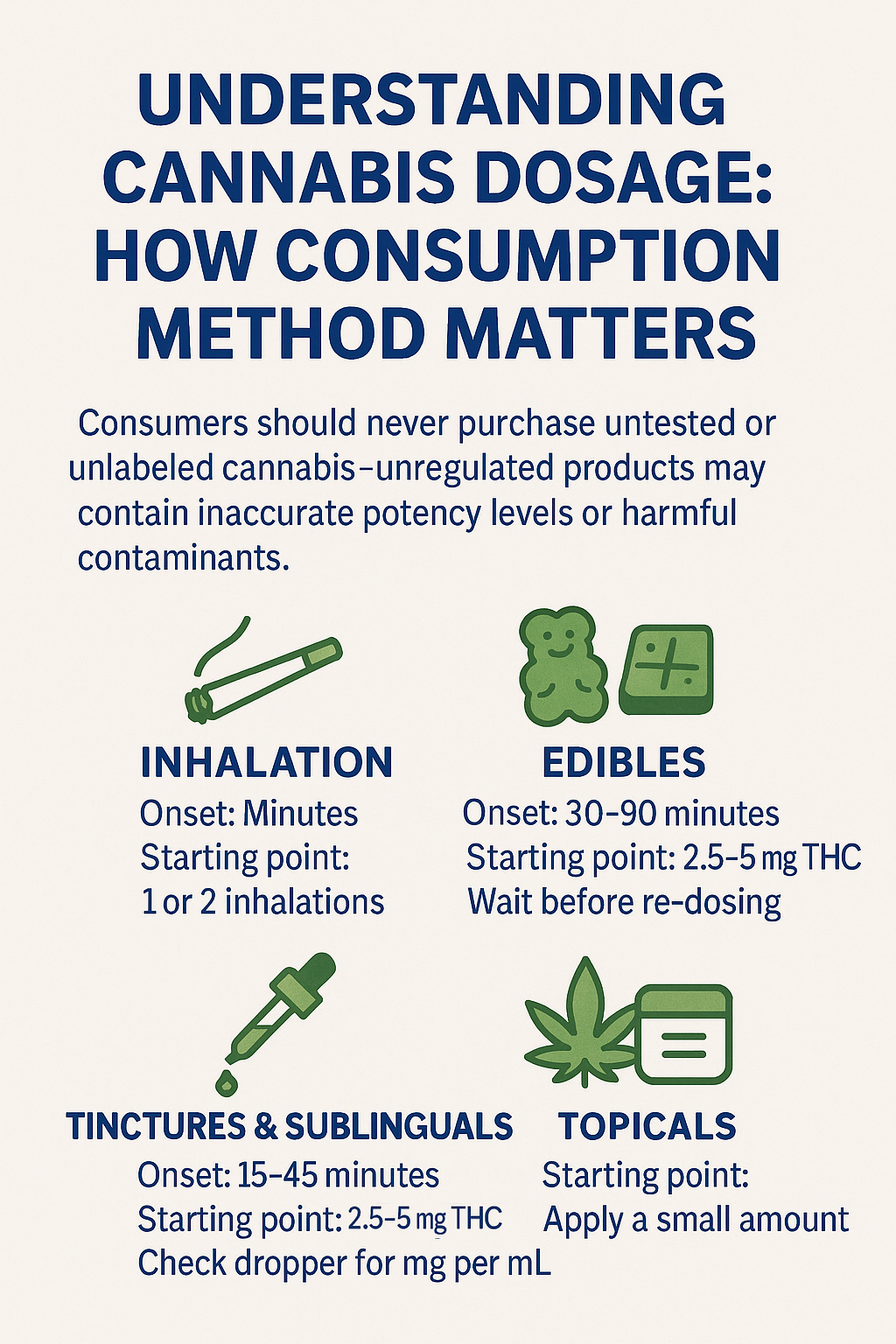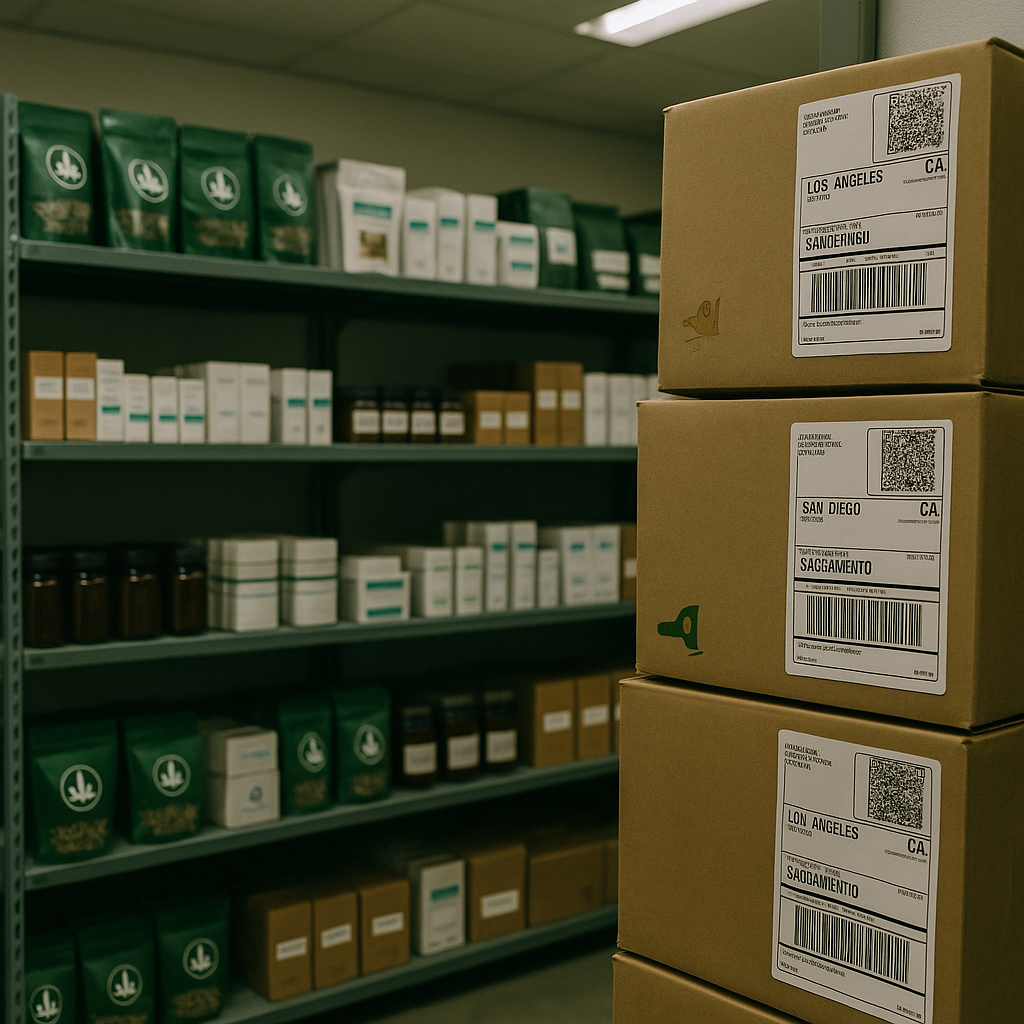The implementation of cannabis legislation in New York is progressing at a hectic pace.
The first dispensaries are expected to open their doors between late 2022 and early 2023. In the meantime, cultivators and processors are already working to make sure cannabis products will be ready to be shelved in time.
As the industry sits tight for new updates from New York cannabis regulators, now is an interesting moment to analyze what has been achieved in implementing the Marijuana Regulation and Taxation Act (MRTA) so far and what can be improved.
NYSCC asked Scheril Murray Powell, Esq., a cannabis attorney and one of High Times Top 100 cannabis influencers, for her opinion about the implementation of New York's cannabis legislation.
Powell is an attorney specializing in cannabis, agriculture, dietary supplements, and trade and works as a business development manager at Creative Services, Inc.
She is involved with several organizations and is COO for the NY-based nonprofit JUSTÜS Foundation which was founded by Steve DeAngelo. The JUSTÜS Foundation focuses on ensuring and facilitating the entry of legacy operators into the legal cannabis market.
Powell told NYSCC that she thinks New York cannabis regulators are doing an excellent job. The MRTA was beneficial for communities in New York. She highlighted that the text includes social equity provisions, which was a major win for legacy and minority communities specifically.
"They [NYS cannabis regulators] have rolled out cultivation, processing, and dispensing rounds... They've issued two of the three sets of licenses, so I think they're doing a good job. They also took the time to engage with the community and their mentors to answer questions regarding the CAURD program and other license types. I think that says a lot about their intentions of being very inclusive in this space," she said.
Powell did mention that the CAURD program could be improved regarding the eligibility criteria. For example, a nonprofit organization can apply only if it employees at least five full-time employees.
"With regards to the nonprofit organizations, I think that the [requirement] of five employees eliminates a good portion of our community that is involved with community work," she said.
New York cannabis regulators received negative feedback when they decided to license hemp farmers and hemp processors without considering the social equity principles included in the MRTA. Powell echoes this criticism, saying it was a mistake that the Office of Cannabis Management (OCM) hadn't implemented the social equity principles also in the hemp program.
"They didn't look to see how they could diversify their hemp program, and that's the challenge now: hemp. The fact that the hemp licensure required outdoor growing spaces eliminated a lot of the population belonging to minorities, and there wasn't the awareness we now see as an attempt to engage underserved communities. I think that they're trying to remedy that in how they're implementing the CAURD program and other license types, and I applaud them for their efforts to do that," she said.
Although the sale of adult-use cannabis products has yet to begin in New York, numerous unlicensed vendors popped up over the last year selling cannabis through 'gifting,' a practice in which unlicensed businesses sell products or services and give away cannabis in return.
New York regulators tried to crack down on this practice by sending cease & desist letters to several unlicensed businesses without sorting significant results.
Powell thinks unlicensed operators are not legacy operators, marking a clear division between these two groups.
"We support legacy operators, true legacy operators. We found that these unlicensed operators [that are] being sanctioned are not legacy operators. They are, you know, what we like to call 'Johnny came lately.' I see that enforcement is happening. I just hope there's a distinction between the opportunists just coming into a legal market and operating illegally, and the legacy operators who have built the industry and proven how to commercialize cannabis efficiently. There's a definite distinction between the two groups, and I am completely opposed to any enforcement against our legacy operators that built our industry," she said.
Another challenge New York cannabis regulators will face will be convincing legacy operators (individuals who commercialized cannabis before legalization for at least five years) to enter the legal industry.
When asked about the strategy to pursue this goal, Powell explained that the first step is to create awareness about the ongoing legalization process and educate the community through the help of organizations working in the field. New York regulators should build a safe environment that encourages legacy operators to share their knowledge about best practices, according to Powell.
She also suggests that regulators should define what legacy is in statutes and regulations, create an amnesty for them, and give them a priority for licenses to lead the way in bringing legacy consumers into the legal space.
One of the factors that may discourage legacy operators from joining the legal industry is taxation. The state has enacted a 9% state adult-use excise tax payable by the cannabis retailer upon selling a product to a consumer. Powell told NYSCC that taxation is a concern for legacy operators.
"We should create an environment with a likelihood of profitability in having reasonable taxation there. We are not opposed to taxation, but it has to be to a reasonable level where it's affordable. I think taxation should be a gradual staggered process where it is capped and that it starts in smaller increments as individuals are getting on board, as they're getting their licenses and getting to the point of operation so that they have an opportunity to put more profits back into the business to ensure the chance of success," she said.
Powell thinks that the 50% of New York's municipalities that have chosen to opt out from allowing dispensaries and consumption sites in their territories send a negative message. Many consumers will be forced to go to other counties and municipalities to access cannabis as a result.
Furthermore, Powell highlighted that municipalities that have opted out would miss the opportunity to recover from the economic impact of the COVID-19 pandemic.
"I think we're going to see that number of municipalities that have chosen to opt-out taking a back seat from their initiation decision as there's a clear economic benefit to the communities. The cannabis industry has always been that player that seeks to enhance the communities where we have a presence, both economically and from a wellness perspective," she said.
Powell notes that everything is progressing smoothly regarding the automatic expungement process for certain cannabis-related offenses.
"I do not hear complaints. Furthermore, President Biden has recently indicated he's pardoning all simple possession cannabis cases at the federal level which is a huge, significant step in the right direction. Regarding New York, we also have community organizations' support to assist the state in the expungement process. We have our activists, lawyers, community organizations, and government locking arms, moving in the same direction to build a robust cannabis industry and bring a new era of health and wellness to the citizens of New York," she said.
Follow Scheril Murray Powell on Twitter and learn more about JUSTÜS Foundation here.

NYS Cannabis Connect Staff
All of the recent cannabis news and resources, all in one place.




Related News
From Compton to the Capitol: Cultural Legitimacy, Regulation, and the Performance of Equity in the Cannabis Era
Oct 22, 2025
Tiffany Walters Joins the Green Standard Alliance Board: Strengthening Cannabis Consumer Advocacy in New York
Sep 26, 2025
Dawson's Departure: Turbulence and Transition at Cannabis NYC
May 09, 2025